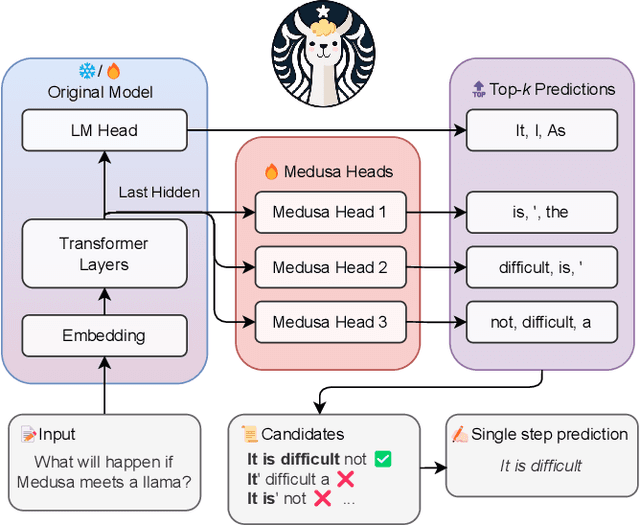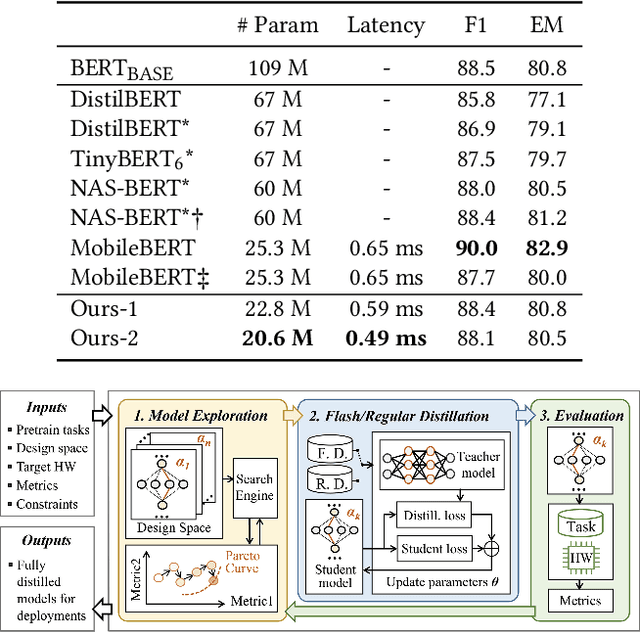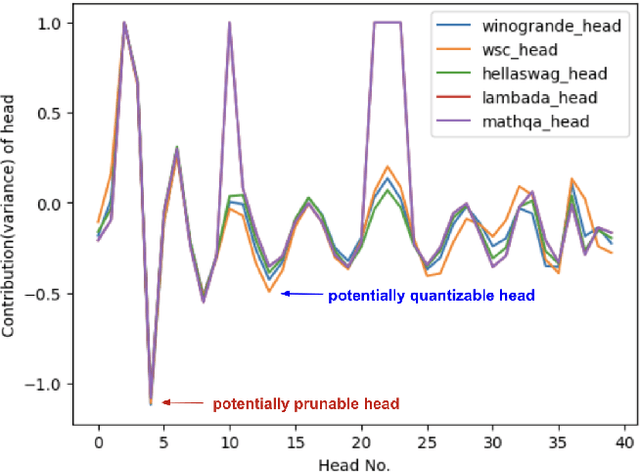New Solutions on LLM Acceleration, Optimization, and Application
Paper and Code
Jun 16, 2024



Large Language Models (LLMs) have become extremely potent instruments with exceptional capacities for comprehending and producing human-like text in a wide range of applications. However, the increasing size and complexity of LLMs present significant challenges in both training and deployment, leading to substantial computational and storage costs as well as heightened energy consumption. In this paper, we provide a review of recent advancements and research directions aimed at addressing these challenges and enhancing the efficiency of LLM-based systems. We begin by discussing algorithm-level acceleration techniques focused on optimizing LLM inference speed and resource utilization. We also explore LLM-hardware co-design strategies with a vision to improve system efficiency by tailoring hardware architectures to LLM requirements. Further, we delve into LLM-to-accelerator compilation approaches, which involve customizing hardware accelerators for efficient LLM deployment. Finally, as a case study to leverage LLMs for assisting circuit design, we examine LLM-aided design methodologies for an important task: High-Level Synthesis (HLS) functional verification, by creating a new dataset that contains a large number of buggy and bug-free codes, which can be essential for training LLMs to specialize on HLS verification and debugging. For each aspect mentioned above, we begin with a detailed background study, followed by the presentation of several novel solutions proposed to overcome specific challenges. We then outline future research directions to drive further advancements. Through these efforts, we aim to pave the way for more efficient and scalable deployment of LLMs across a diverse range of applications.
 Add to Chrome
Add to Chrome Add to Firefox
Add to Firefox Add to Edge
Add to Edge